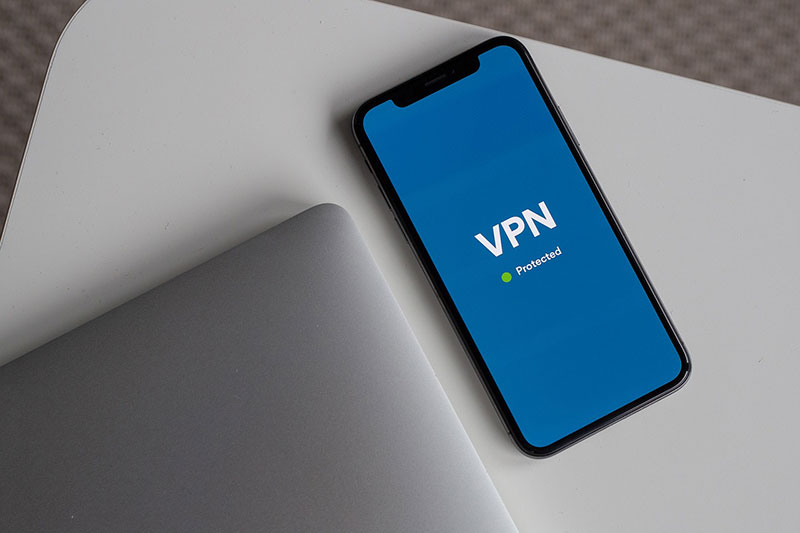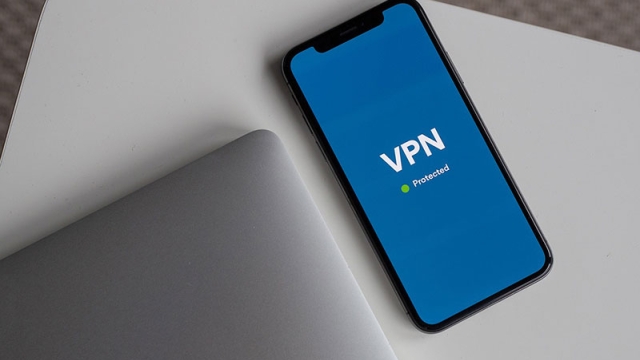
In today’s increasingly digital world, concerns about online privacy and security have become more prominent than ever. VPNs, or Virtual Private Networks, stand out as a reliable tool for individuals looking to safeguard their online activities from prying eyes. By creating a secure connection between a user’s device and the internet, VPNs offer a layer of anonymity and encryption that can help protect personal data from potential threats and maintain privacy while browsing the web. With the rise of online surveillance, hacking attempts, and data breaches, understanding how VPNs work and implementing them effectively has become essential for anyone navigating the vast expanse of the internet.
How VPNs Work
When you connect to a VPN, your device creates a secure and encrypted tunnel to the VPN server. This tunnel shields your internet traffic from prying eyes, such as hackers, government agencies, or internet service providers.
The VPN server acts as a middleman between your device and the websites or servers you are accessing. It masks your real IP address with its own, making it seem like your traffic is coming from a different location.
By encrypting your data and rerouting it through the VPN server, VPNs provide an extra layer of security and anonymity when browsing the web. This helps protect your online privacy and confidentiality of your sensitive information.
Benefits of Using VPNs
When it comes to safeguarding your online privacy, VPNs offer a multitude of benefits. Firstly, VPNs encrypt your internet connection, ensuring that your data remains secure and protected from cyber threats. This encryption is especially crucial when using public Wi-Fi networks, as it prevents hackers from intercepting sensitive information such as passwords and personal details.
Another key advantage of using a VPN is the ability to access geo-restricted content. By connecting to servers in different locations, you can bypass regional restrictions and enjoy a more open and unrestricted internet experience. Whether you want to stream your favorite shows while traveling or access websites that are blocked in your region, a VPN provides the flexibility to navigate the internet freely.
Moreover, VPNs enhance your anonymity online by masking your IP address. This means that your browsing activity cannot be traced back to your physical location, providing an additional layer of privacy protection. Whether you’re concerned about targeted advertising or simply value your online anonymity, a VPN is a powerful tool for maintaining control over your digital footprint.
Choosing the Right VPN Service
When selecting a VPN service, consider factors such as the company’s logging policy, server locations, and encryption protocols. Ensure the VPN provider follows a strict no-logging policy to protect your online activities from being monitored or recorded. Additionally, choose a VPN service with servers in locations that align with your needs for bypassing geo-restrictions or securing your data while using public Wi-Fi networks.
Another crucial aspect to consider is the level of encryption offered by the VPN service. Opt for a provider that utilizes strong encryption protocols like AES-256 to safeguard your online communications and data from potential threats. Encryption plays a vital role in ensuring the confidentiality and integrity of your internet traffic, making it an essential feature when choosing a VPN service.
Best Vpn Sites
Lastly, take into account the VPN service’s speed and performance. Test out different providers to find one that offers a balance between strong security features and optimal speed for your online activities. A reliable VPN service should provide fast and stable connections to allow for seamless browsing, streaming, and downloading. Prioritize VPN services that offer protocols like OpenVPN or WireGuard for enhanced speed and security while using the service.

